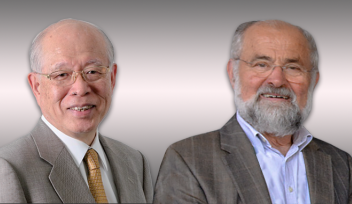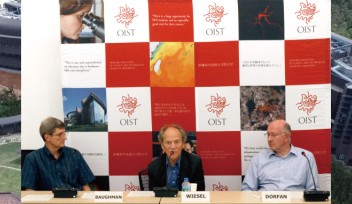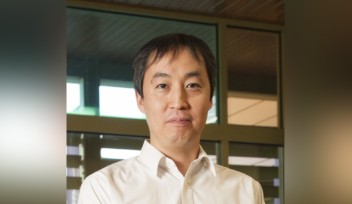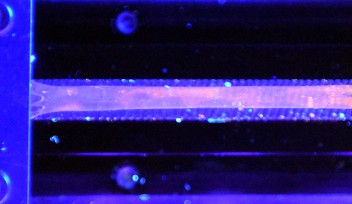Small machines, big dreams: Professor Ben L. Feringa joins OIST Board of Governors
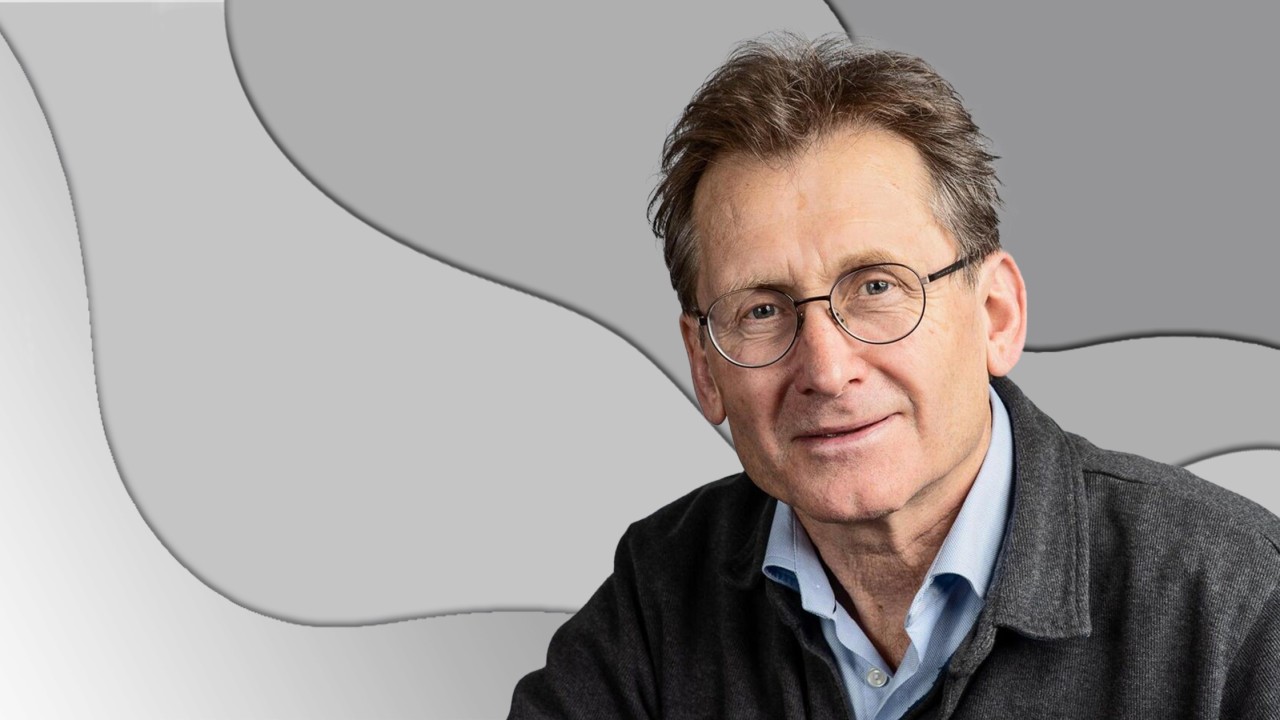
The Okinawa Institute of Science and Technology Graduate University (OIST) is proud to welcome Professor Ben L. Feringa to its Board of Governors. The Board strategically oversees the implementation of business at OIST and consists of world-renowned scientists and business leaders.
Prof. Feringa, who officially joined the board in July 2021 is a Distinguished Professor in Molecular Sciences at the Stratingh Institute for Chemistry, University of Groningen, and Nobel Laureate. With his work at the multinational oil and gas company, Royal Dutch Shell, and at the University of Groningen, Prof. Feringa brings to the Board rich expertise in both industry and academia.
“I’m thrilled to become part of the Board of Governors,” said Prof. Feringa. “I think OIST is a really fascinating institute, with tremendous potential, and it’s so impressive what’s been achieved already.”
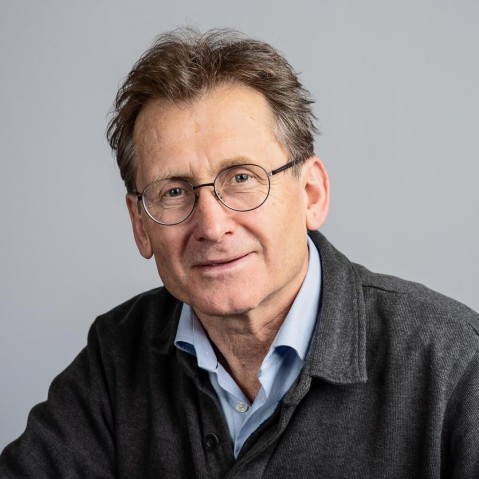
Born in a small village in the Netherlands, Prof. Feringa spent his childhood helping on his father’s farm, immersing himself in the natural world.
“I initially wanted to be a farmer, but my father was very wise, and he told me I should study first,” said Prof. Feringa. “As a child, there wasn’t a single moment that I considered becoming a scientist; however, I was always passionate about asking questions and fascinated by the idea of discovering new things. And at school and university, I had excellent teachers and professors who challenged me, which really ignited a spark.”
After majoring in Chemistry at the University of Groningen, Prof. Feringa carried out a masters and PhD research project in organic chemistry. He then moved away from academia, working at Royal Dutch Shell Research Laboratories in the Netherlands for 6.5 years, including a 1.5 year period at Shell Biosciences center in the UK. There, he gained industrial insight into the whole trajectory of technology transfer, from fundamental science, to innovation, to a new commercial product.
In his role on the OIST Board of Governors, Prof. Feringa is keen to promote stronger ties between the university and industry, envisioning new and established companies developing products and technologies based around cutting-edge fundamental scientific research from OIST.
“It’s important for industry and academia to cooperate strategically and complement each other through their own missions,” he said.
In 1984, Prof. Feringa left industry after he was approached by his Alma Mater, the University of Groningen, to work as a Chemistry lecturer, before being appointed a full professor in 1987. His research goal was to design and build molecules that could perform specific roles, like tiny molecular machines.
In the 1990s, he developed molecular switches – molecules that can shift between two different stable states, making them useful for information storage. In 1999, his team created a molecular motor, which could continually rotate using energy from light. Over the next ten years, the Feringa lab worked on numerous problems, from using liquid crystals to allow the motion of these motors to be amplified and visible to the naked eye, to building “nanocars”. These motors could one day be used for a multitude of applications, such as drug delivery or as smart materials.
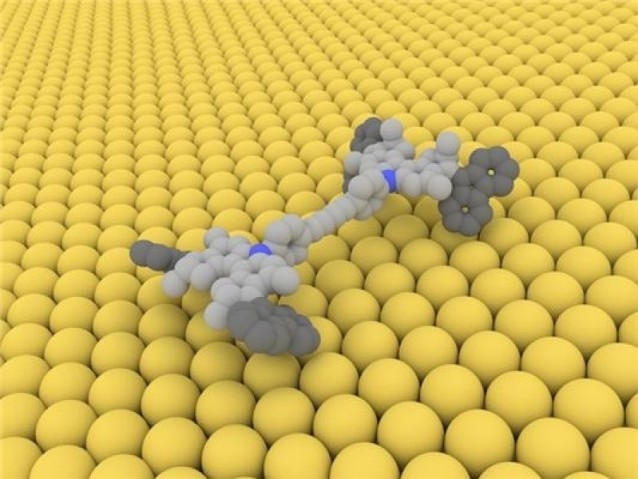
His pioneering work on these miniature motors eventually led to Prof. Feringa receiving the Nobel prize in Chemistry in 2016.
“It’s crazy – these switches and motors, they were actually based on molecules that I first created during my masters and PhD decades earlier,” said Prof. Feringa. “It just goes to show the long-term nature of science.”
When asked what advice he had for building a successful research career, he emphasized the importance of having “a passion for science and a joy for discovering new things.”
He continued, “My research took many decades because there were many failures, but I kept going. My advice to researchers and students at OIST is always to follow your dreams and not be afraid of failure.”
He also added the importance of being challenged by colleagues, in a stimulating, multidisciplinary and international environment.
“Science is extremely international. We don’t have borders. We cross frontiers. There are tremendous scientific challenges and issues where we can help to move science forward, but we cannot work in isolation. OIST has this unique, international environment, with some of the brightest minds from across the world. I’ve felt this collaborative atmosphere at OIST and it promises a very exciting future.”
Specialty
For press enquiries:
Press Inquiry Form












